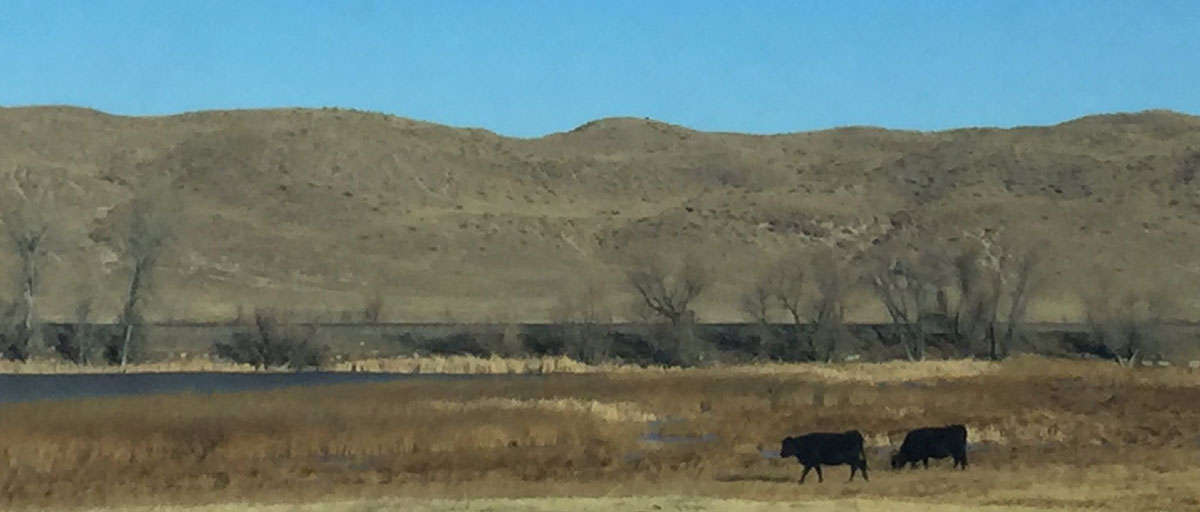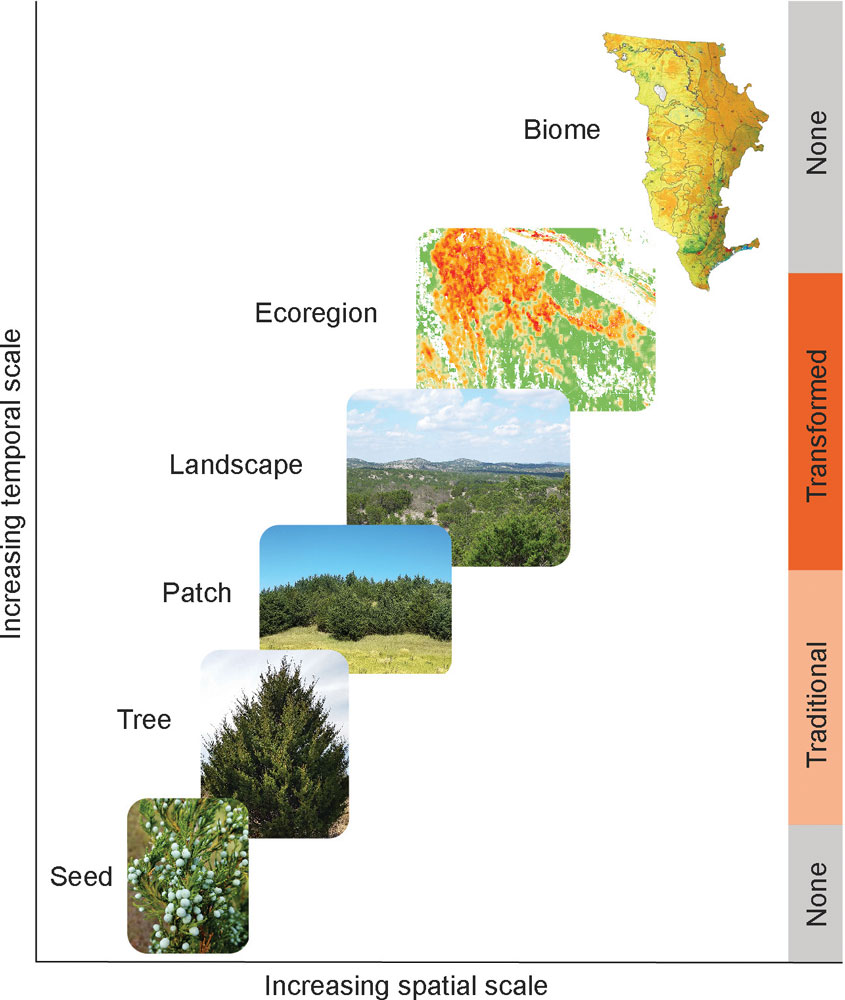Bildtext får vara max två rader text. Hela texten ska högerjusteras om den bara ska innehålla fotobyline! Photo: B. Christensen/Azote
Resilience in practice
Why panarchy can improve ecosystem management
- One of the first real-world efforts to implement panarchy-thinking in a social–ecological system was tried in the Great Plains of North America
- Panarcy was used to engage law, policy, and management sectors to deal with the inability to halt large-scale shifts from grass-to-tree dominance
- Initial evidence indicates that panarchy – a conceptual framework that emerged from resilience theory – can help improve ecosystem management
A successful implementation of “panarchy” thinking in the US may boost reforms of environmental laws and policies
Panarchy in the US: Panarchy is a central concept within resilience thinking.
It stresses that all living systems exist and function at multiple scales of space, time and organization, and the interactions across these are crucial for understanding what is happening in the system at any particular time.
One of the rationales behind the panarchy thinking is that “freezing systems” or obstructing even small disturbances to stay within an idealized and narrow range of conditions may trigger several undesired effects.
One classic example is how some forests managers have gone too far in supressing fire in national parks.
The consequence has been that fuel has accumulated and made forest ecosystems more vulnerable to fire in the long run.
Incorporating panarchy-thinking already at project inception can provide a more holistic framework for advancing governance of social–ecological systems.
Panarchy thinking in Nebraska
In a study published in Frontiers in Ecology and the Environment, centre researcher Magnus Nyström and colleagues show how the concept can help improve environmental governance.
They draw experiences from interactions with government agency professionals, private landowners, and legislators in the Nebraskan Sandhill region, one of the last remaining intact prairie regions in North America.
The region is, as most other parts of the great plains, susceptible to invasion by eastern redcedar, a native juniper species that is driving large-scale shifts from grass-to-tree dominance.
The researchers used panarchy as a tool to highlight the importance of allowing periodic small wildfires to maintain grassland dominance of the Sandhills region. This and several other panarchy-related messages were presented in a series of meetings and workshops with the various stakeholders of Sandhill.
Growing awareness
Already now the researchers have seen growing awareness in the Nebraska Sandhills of the importance of accounting for cross-scale behaviour in management decisions. This might even lead to reforms of laws and policies based on the new knowledge developed from this research, they say.
“We foresee numerous opportunities in which panarchy can be used to improve environmental governance,” says centre researcher Magnus Nyström.
“Incorporating panarchy-thinking already at project inception can provide a more holistic framework for advancing governance of social–ecological systems,” the authors conclude.
Garmestani, A., Twidwell, D., Angeler, D.G., Sundstrom, S., Barichievy, C. et.al. 2020. Panarchy: opportunities and challenges for ecosystem management. Front Ecol Environ. doi:10.1002/fee.2264
For more information about the study, contact co-author Magnus Nyström:











